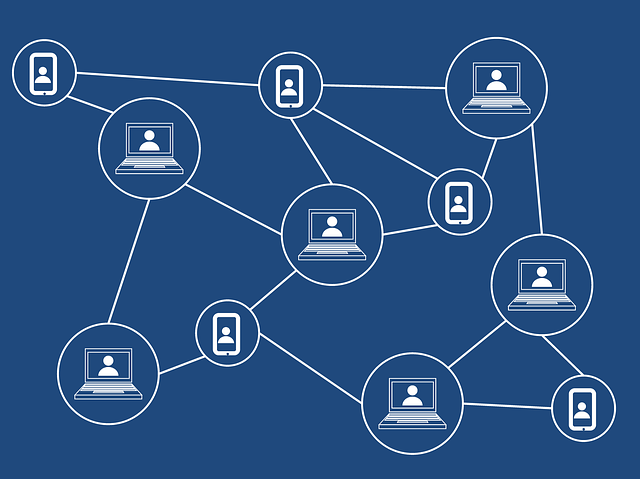Salsal, an Ethereum-based blockchain tool, is currently being developed by researchers. The aim of this tool is to help cultural organizations and museums monitor precious historical artifacts.

For about two years, Mark Altaweel, a professor at the University College London Department of Archeology, has collaborated on Salsal with staff members from Abu Dhabi University.
Mark Altaweel, who is a professor in the Department of Archeology at the University College of London, said this act of placing history on the blockchain is a form of decentralizing museums.
Blockchain enables a decentralized approach to maintaining heritage, according to the statement. We may all engage in these networks if I and you both have competence in a particular field, he said in an interview with Blockworks.

Salsal needs expertise in order to achieve public adoption. Collectors and museums will have to submit the historical artifacts in their possession to Salsal Chain. Professionals in this field, like archeologists, will study these artifacts to learn more about their state and where they were lawfully collected
How Salsal Will Operate
The Museum Association’s sliding scale grading standard will be used by experts on the Salsal network, which will be a partially private version of Ethereum. A collection and/or objects were obtained lawfully, ethically, and with lots of evidence if they received a rating of one. According to Salsal’s white paper, goods that receive a score of five “have clear evidence that they were obtained illegally.”
When an artifact is discovered to be lawfully and ethically legitimate with considerable evidence to substantially reveal where it originates from, the collector will then be able to turn the item into a Non-fungible tokens (NFT).
The Salsal network will be open to the general public on the NFT side so that these Non-fungible tokens can be bought by people. This means collectors and museums will receive financial support via this avenue.
The Problems Salsal Is Aimed at Solving
Institutions in the arts frequently grapple with issues like fundraising. Therefore, the NFTs’ purpose is to provide some carrots to encourage participation, according to Altaweel.
Altaweel and his colleagues removed the possibility of converting objects that don’t satisfy experts’ standards into NFTs because, obviously, they were worried that illicit collections may benefit from having this incentive in place.
In addition, Altaweel intends to display all the collections they receive, including the collection with the highest rating on the chain. He also has a plan to bring museums involved in malicious practices to book when it comes to hoarding historical artifacts that were unlawfully acquired.
The British Museum in London has come under fire for allegedly keeping stolen artifacts, some of which were acquired during British Empire colonial invasions. The Parthenon Marbles from Greece, the Rosetta Stone from Egypt, and the Benin Bronzes from Nigeria are a few examples of them.
The Nigerian and Greek governments have demanded that these items be returned at some point. Likewise, in October 2022, some archeologists from Egypt requested that the Rosette Stone be returned.
Ataweel has the intention of putting an end to this kind of problems in the future.
The existence of an ongoing, unchangeable record of the collections housed in museums all around the world is the other natural use case for Salsal.
Ataweel also mentions what happened in Iraq when the Baghdad Museum was looted. This happened when the United States Army invaded that city in 2003 while fighting terrorism. The staff of the museum had left before the invasion occurred. This gave thieves the opportunity to break into the halls and take whatever they wanted.
The analysis made by the University of Sydney revealed that 15,000 items were stolen during the above-mentioned invasion.
Conclusion
A record on the blockchain ensures that the proof of ownership and authenticity cannot be lost or deleted. Additionally, on-chain storage makes information accessible to anybody with an internet connection, which would decentralize management away from museums and make it easier for the general public to assist in identifying and reporting stolen goods should they emerge in the future.
Learn from market wizards: Books to take your trading to the next level.

















